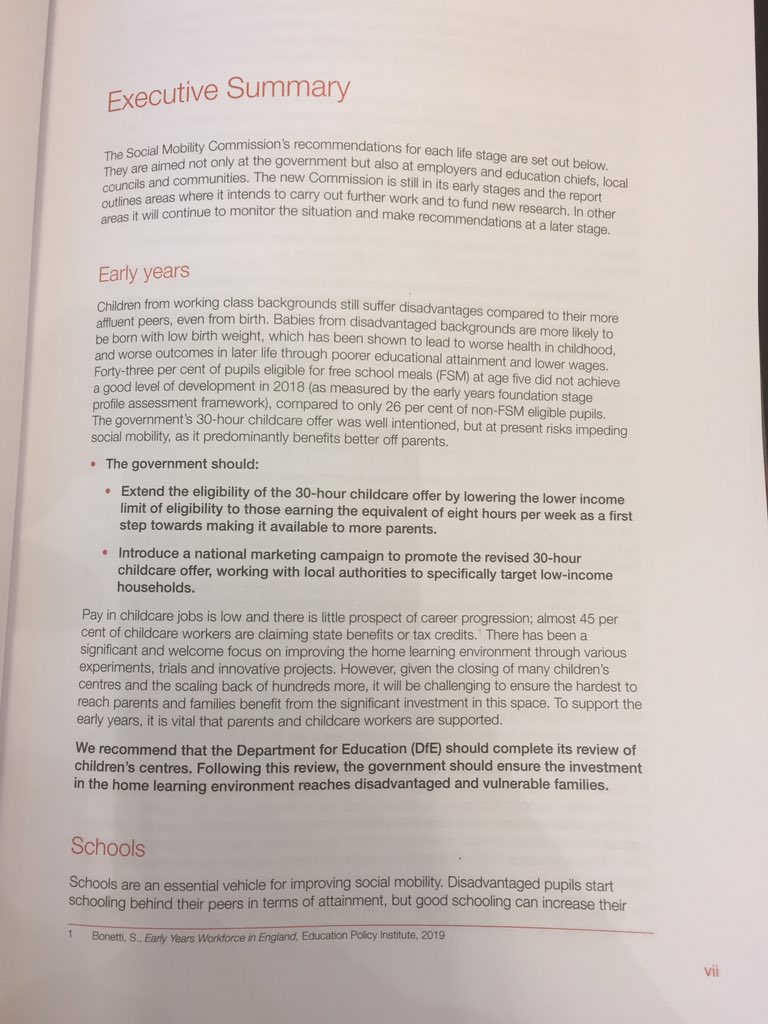

Without any reservation, The Making of the English Working Class is the most important study of those days since the classic work of the Hammonds."- Commentary "Thompson's book has been called controversial, but perhaps only because so many have forgotten how explosive England was during the Regency & the early reign of Victoria. Thompson shows how the working class took part in its own making & recreates the whole life experience of people who suffered loss of status & freedom, who underwent degradation & who yet created a culture & political consciousness of great vitality. He died in 1993, survived by his wife and two sons.This account of artisan & working-class society in its formative years, 1780-1832, adds an important dimension to our understanding of the 19th century. Thompson was also an active campaigner and key figure in the ending of the Cold War. The Making of the English Working Class was instantly recognized as a classic on its publication in 1963 and secured his position as one of the leading social historians of his time. An academic, writer and acclaimed historian, his first major work was a biography of William Morris. Thompson was born in 1924 and read history at Corpus Christi, Cambridge, graduating in 1946. "The greatest of our socialist historians". (Michael Foot, Times Literary Supplement). "An event not merely in the writing of English history but in the politics of our century". "Thompson's work combines passion and intellect, the gifts of the poet, the narrator and the analyst". a moving account of the culture of the self-taught in an age of social and intellectual deprivation".

Reviews: "A dazzling vindication of the lives and aspirations of the then - and now once again - neglected culture of working-class England". Thompson shows how the working class took part in its own making and re-creates the whole-life experience of people who suffered loss of status and freedom, who underwent degradation, and who yet created a cultured and political consciousness of great vitality. This classic and imaginative account of working-class society in its formative years, 1780 to 1832, revolutionized our understanding of English social history. Thompson's revolutionary account of working-class culture and ideals is published in Penguin Modern Classics, with a new introduction by historian Michael Kenny.


 0 kommentar(er)
0 kommentar(er)
